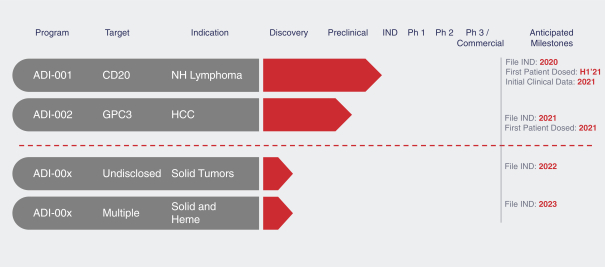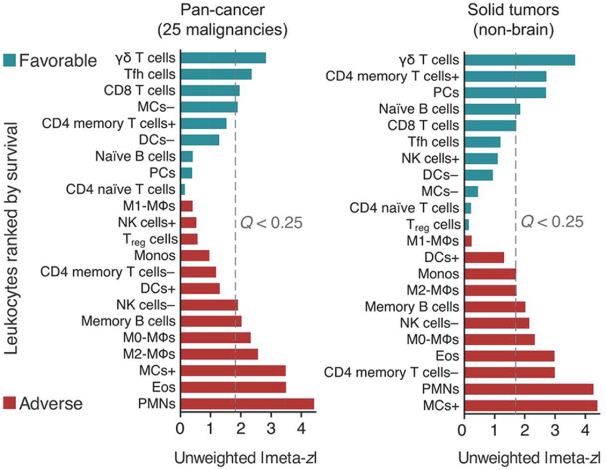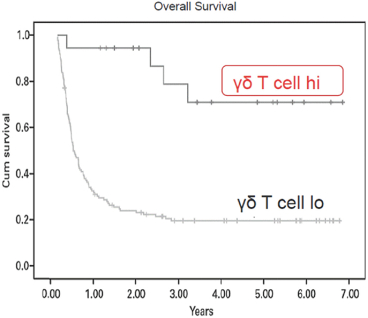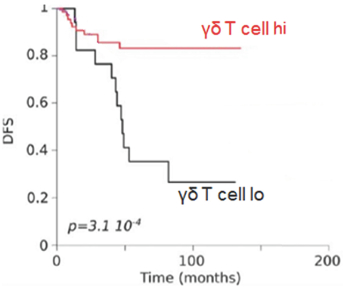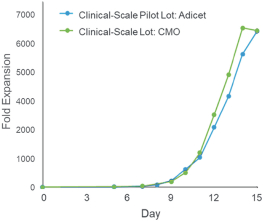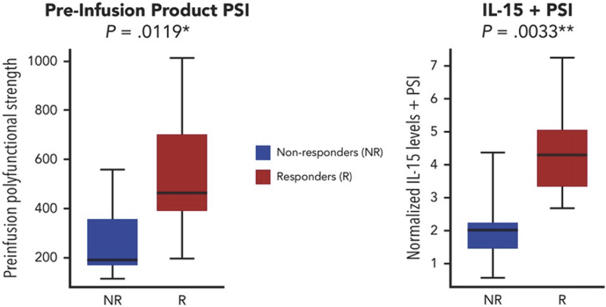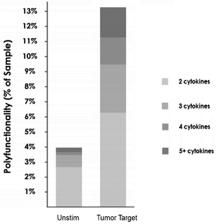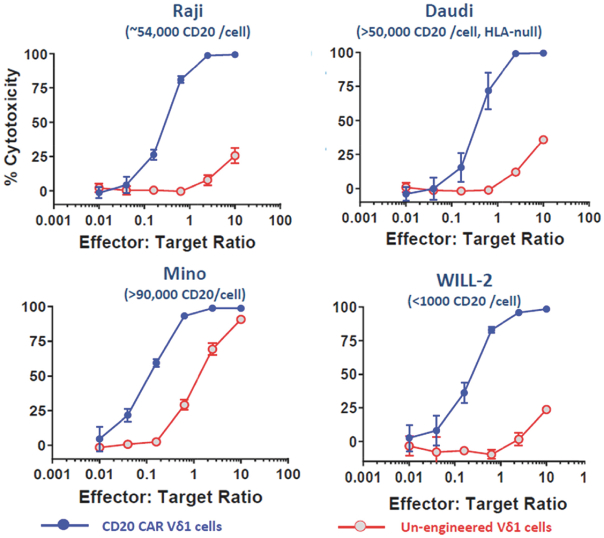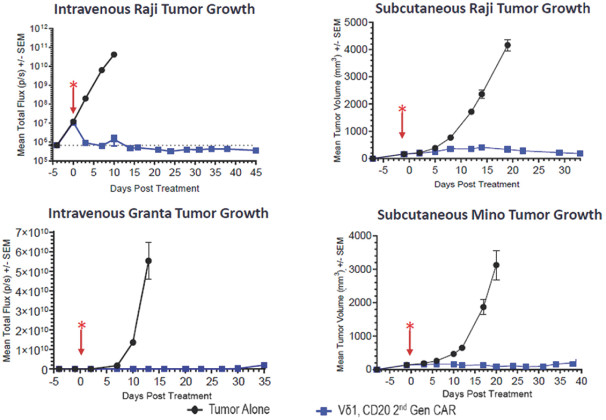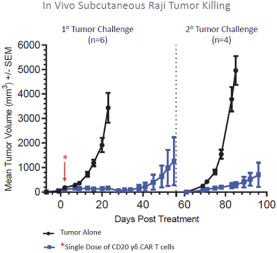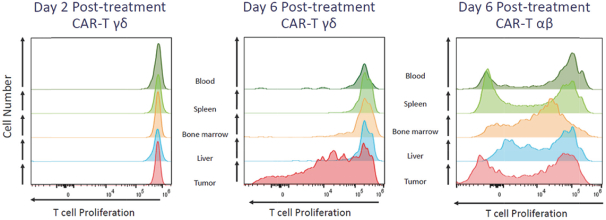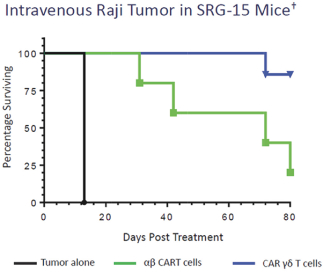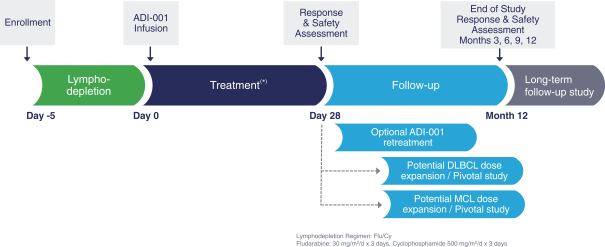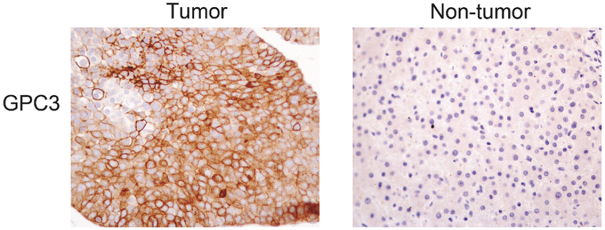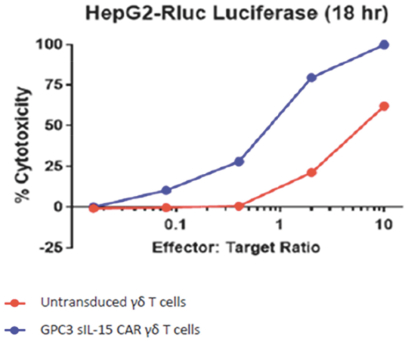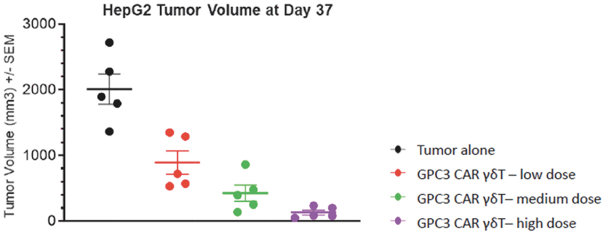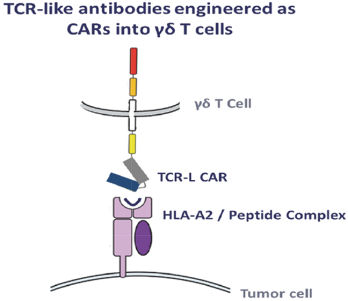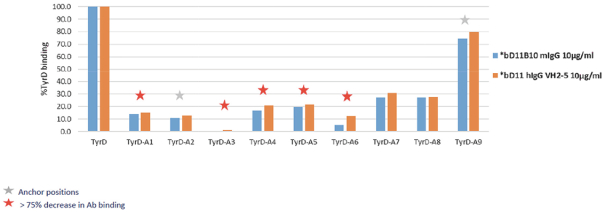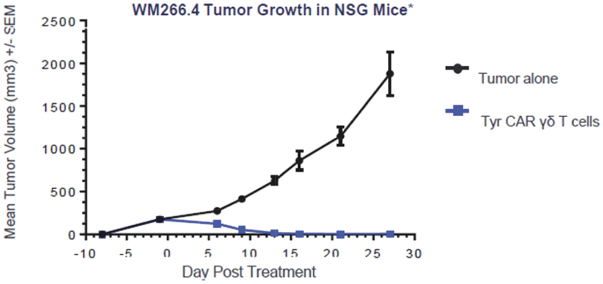FDA’s policies may change, which could delay or prevent regulatory approval of Adicet’s products under development.
U.S. Marketing Exclusivity
The Biologics Price Competition and Innovation Act, or BPCIA, amended the PHSA to authorize the FDA to approve similar versions of innovative biologics, commonly known as biosimilars. A competitor seeking approval of a biosimilar must file an application to establish its molecule as highly similar to an approved innovator biologic, among other requirements. The BPCIA, however, bars the FDA from approving biosimilar applications for 12 years after an innovator biological product receives initial marketing approval. This 12-year period of data exclusivity may be extended by six months, for a total of 12.5 years, if the FDA requests that the innovator company conduct pediatric clinical investigations of the product.
Depending upon the timing, duration and specifics of the FDA approval of the use of Adicet’s product candidates, some of Adicet’s U.S. patents, if granted, may be eligible for limited patent term extension under the Drug Price Competition and Patent Term Restoration Act of 1984, commonly referred to as the Hatch-Waxman Act. The Hatch-Waxman Act permits a patent restoration term of up to five years, as compensation for patent term lost during product development and the FDA regulatory review process. However, patent term restoration cannot extend the remaining term of a patent beyond a total of 14 years from the product’s approval date. The patent term restoration period is generally one-half the time between the effective date of an IND and the submission date of a BLA plus the time between the submission date of a BLA and the approval of that application. Only one patent applicable to an approved product is eligible for the extension and the application for the extension must be submitted prior to the expiration of the patent. The U.S. Patent and Trademark Office, in consultation with the FDA, reviews and approves the application for any patent term extension or restoration. In the future, Adicet may intend to apply for restoration of patent term for one of Adicet’s currently owned or licensed patents to add patent life beyond its current expiration date, depending on the expected length of the clinical trials and other factors involved in the filing of the relevant BLA.
Pediatric exclusivity is another type of regulatory market exclusivity in the United States. Pediatric exclusivity, if granted, adds six months to existing exclusivity periods and patent terms. This six-month exclusivity, which runs from the end of other exclusivity protection or patent term, may be granted based on the voluntary completion of a pediatric trial in accordance with an FDA-issued “Written Request” for such a trial.
Other U.S. Healthcare Laws and Compliance Requirements
In the United States, Adicet’s activities are potentially subject to regulation by various federal, state and local authorities in addition to the FDA, including but not limited to, the Centers for Medicare & Medicaid Services, or CMS, other divisions of the U.S. Department of Health and Human Services, or HHS, (e.g., the Office of Inspector General, the U.S. Department of Justice, or DOJ, and individual U.S. Attorney offices within the DOJ, and state and local governments). For example, Adicet’s business practices, including any of Adicet’s research and future sales, marketing and scientific/educational grant programs may be required to comply with the anti-fraud and abuse provisions of the Social Security Act, the false claims laws, the patient data privacy and security provisions of the Health Insurance Portability and Accountability Act, or HIPAA, transparency requirements, and similar state, local and foreign laws, each as amended.
The federal Anti-Kickback Statute prohibits, among other things, any person or entity, from knowingly and willfully offering, paying, soliciting or receiving any remuneration, directly or indirectly, overtly or covertly, in cash or in kind, to induce or in return for purchasing, leasing, ordering or arranging for the purchase, lease or order of any item, good, facility or service reimbursable under Medicare, Medicaid or other federal healthcare programs. The term remuneration has been interpreted broadly to include anything of value. The federal Anti-Kickback Statute has been interpreted to apply to arrangements between pharmaceutical manufacturers on one hand and prescribers, purchasers, formulary managers, and other individuals and entities on the other. There are a
40
